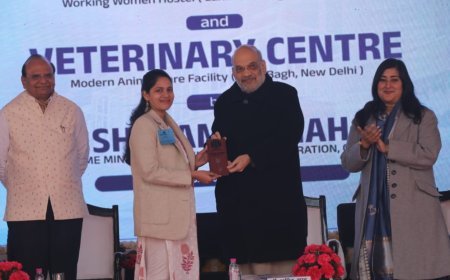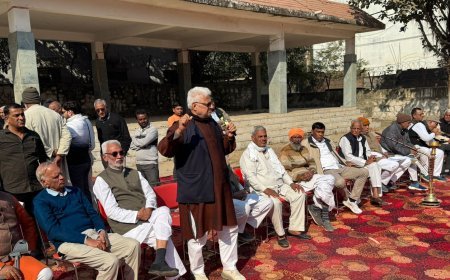North East Special Infrastructure Development Scheme New Guidelines Released By Ministry

The Union Cabinet has given its approval for the continuation of the North East Special Infrastructure Development Scheme (NESIDS) with a budget of Rs. 8139.50 crore spanning from 2022-23 to 2025-26. The scheme is divided into two components: NESIDS-Road and NESIDS-Other Than Road Infrastructure (OTRI), both receiving 100% central funding. The revamp of the scheme, involving the merging of the erstwhile North East Road Sector Development Scheme (NERSDS) into NESIDS-Road, necessitated the creation of new guidelines for effective administration. These guidelines were formulated after extensive consultations with stakeholders and thorough internal discussions.
The primary goal of NESIDS is to foster infrastructure growth in key sectors, notably connectivity, in the North Eastern States. In a parallel decision, the Cabinet also approved the continuation of the 'Schemes of NEC' for the period from 2022-23 to 2025-26, allocating a total budget of Rs. 3202.7 crore. New guidelines for these schemes have been issued following comprehensive discussions and consultations.
The objectives of these MDoNER schemes are to complement the efforts of various Central Ministries & Departments and address the developmental and welfare requirements of the North Eastern States. By catering to unmet developmental needs, these schemes aim to bridge gaps in areas such as connectivity, social sectors, livelihoods, and employment opportunities in the region.
The recently released comprehensive scheme guidelines, coupled with the concerted efforts of the Ministry and the cooperation of the North Eastern States, are poised to facilitate the realization of intended objectives transparently and expeditiously. This collective endeavor is expected to contribute to the sustainable development of the region and alleviate existing deficits.




















































